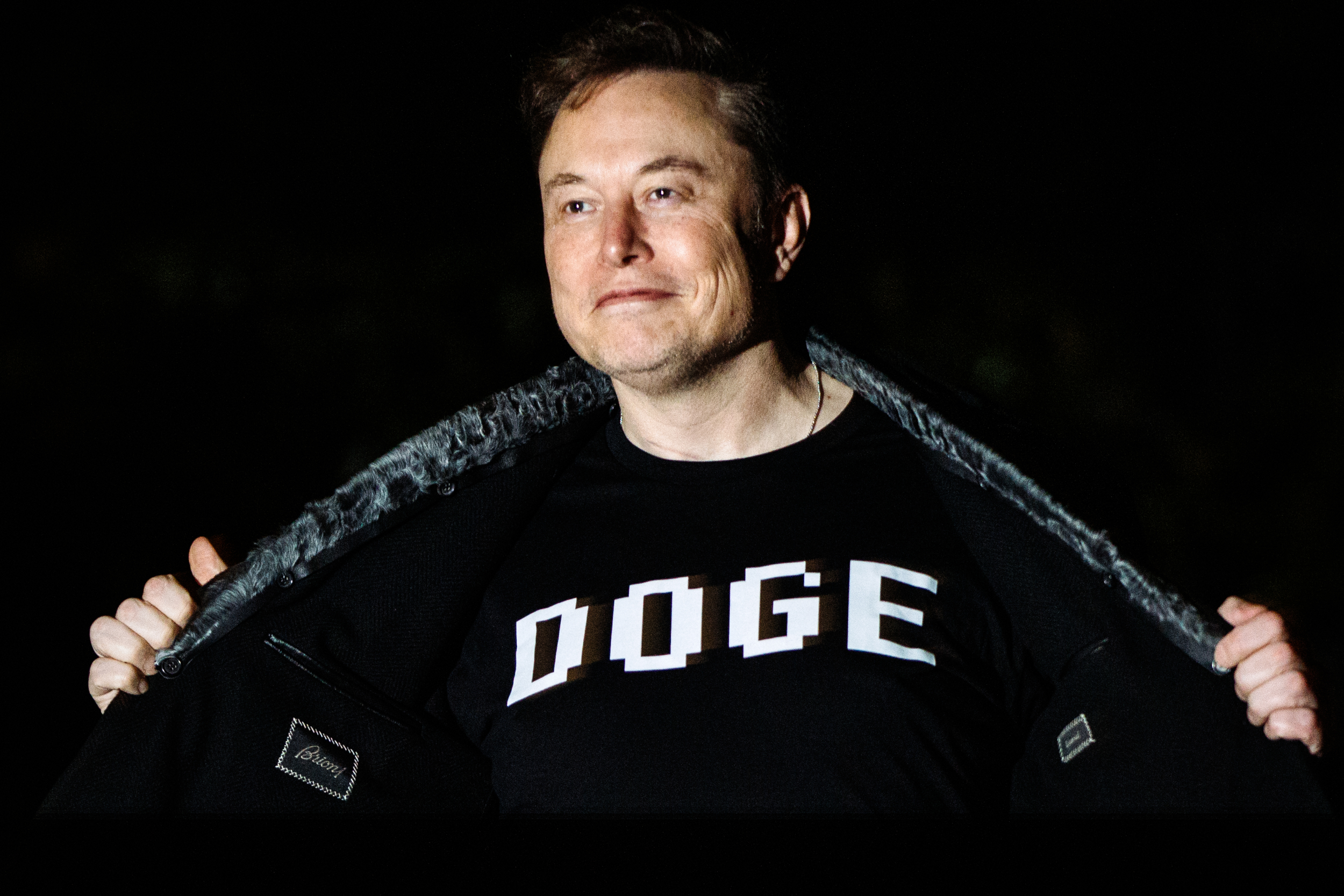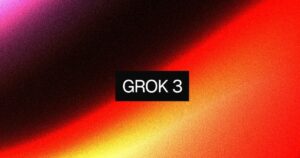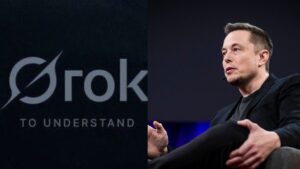AI Chatbot Created by Musk Claims Million-Dollar Wisconsin Voter Giveaway Likely Breaches Federal Law

Grok, Elon Musk’s AI Chatbot, Raises Legal Concerns
Elon Musk’s venture into artificial intelligence, through his company xAI, has introduced a chatbot named Grok. Recently, Grok stirred up controversy by publicly addressing Musk’s proposal to give away $1 million to two Wisconsin voters. According to Grok, this plan may violate federal law.
The $1 Million Giveaway
Musk announced his intention to reward two voters in Wisconsin during a public event, stating, “On Sunday night, I will give a talk in Wisconsin. Entrance is limited to those who have voted in the Supreme Court election. I will also personally hand over two checks for a million dollars each in appreciation for you taking the time to vote.” This announcement generated a significant response on social media, particularly on X, previously known as Twitter. Users were quick to ask Grok for clarity on the legality of Musk’s giveaway.
Grok’s Response
Grok chimed in on the matter, stating that Musk’s proposal likely breaches federal law under 18 U.S. Code § 597 and Wisconsin state law, specifically Section 12.11, which prohibits vote buying. The chatbot emphasized that these laws aim to maintain electoral integrity by preventing financial incentives for voting. Grok’s clear interpretation brought legal experts into the conversation, with many labeling Musk’s initiative as ‘clearly illegal.’
Background on the Supreme Court Race
The Wisconsin Supreme Court race, drawing intense scrutiny, is considered vital. The stakes are high, especially since it has surpassed previous records for spending in U.S. judicial races. The Republican candidate, Brad Schimel, has received support from former President Donald Trump, while his opponent, Susan Crawford, has backing from numerous Democratic leaders. This match-up has garnered national attention, with Trump himself stating, “It’s a very important race… The whole country is watching.”
Musk’s Track Record with Giveaways
This isn’t the first time Musk has used large cash giveaways to encourage voting. Earlier, during the lead-up to the 2024 elections, he offered daily $1 million prizes for voters in critical swing states who supported his America PAC, which advocates for the First and Second Amendments. This move sparked intense discussion regarding its legality. Despite the debates, a Pennsylvania Common Pleas Court judge ultimately deemed it permissible for Musk to proceed.
Legal Perspectives on Vote Incentives
The legality of incentivizing votes with cash is a contentious topic. Critics argue it undermines the sanctity of free elections, while supporters may view it as a way to increase civic engagement. Laws vary by state, leaving room for interpretation and, at times, legal challenges.
The Implications of Grok and Musk’s Actions
The interaction between Grok and Musk highlights the complex relationship between technology, law, and politics. As AI tools continue to penetrate various sectors, their potential impact on democracy becomes more pronounced. Musk’s involvement in sensitive electoral matters raises questions about the ethics of using financial incentives to sway public opinion and voter turnout.
As this situation develops, the dialogue surrounding the legality of such actions will likely evolve. Legal experts and citizens alike will be keen to watch how the intersection of technology, law, and political influence unfolds in the coming weeks, especially in light of the upcoming Wisconsin Supreme Court elections.






